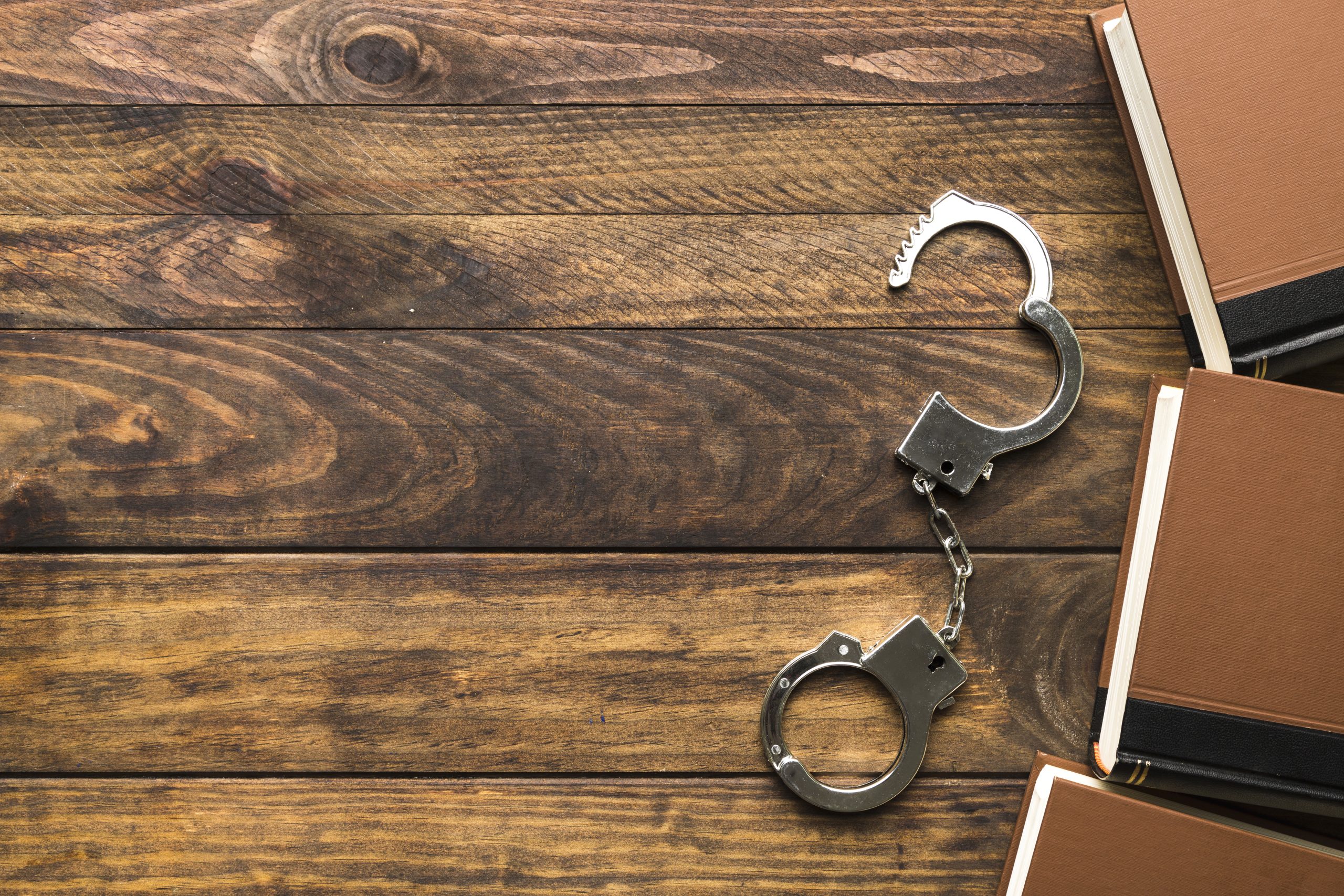The plea bargain is typical that you must have heard of from movies or any legal dealings. They increase the criminal case process for everyone involved. Well, here’s how plea bargains work.
What is a Plea Bargain?
A plea bargain agreement or a plea negotiation is an arrangement between a lawyer and the accused in a criminal matter. Such concessions could include a lesser charge, dropping some charges, or a recommendation for a lighter sentence.
The prosecutor can, in exchange, promise not to pursue charges or recommend a lighter sentence. So a long, uncertain trial can be just as positive, if not more so, whether it’s the best for the parties.
Why Use Plea Bargains?
Speed
Plea bargains allow cases to be resolved significantly faster than going to trial. Justice in trials takes time, sometimes months to years.
Less Stress
For many accused individuals, the trial can be extremely stressful. A plea bargain means they avoid that stress and know what will happen.
Certainty
A defendant who takes a plea deal will know exactly their punishment. If tried, there remains the risk of a stiffer sentence upon conviction.
Saves Resources
Courts are bustling, and plea bargains help to limit the number of cases that need a trial. Freeing judges and lawyers to address more serious cases.
How Does It Work?
Negotiation
The defendant’s attorney discusses what might be agreed upon with the prosecutor. They may negotiate to lower the charges or recommend a lighter sentence.
Written Agreement
After both sides agree, it will be written. This document explains what the defendant agrees to do and what the prosecutor will do.
Judicial Approval
Before a plea deal becomes official, a judge must approve it. The judge will ask questions to ensure that the defendant understands their agreement.
Closing Statement
The judge will accept and approve the plea deal if all goes well. On the other hand, the accused will get sentenced, as the agreement states.
Types of Plea Bargains
Charge Bargaining
The defendant pleads guilty to a charge less serious than the one the defendant was initially charged with. To put it mildly, they would plead guilty to theft instead of being accused of robbery.
Count Bargaining
For a defendant facing several charges, this type of negotiation means pleading guilty to some charges and having others dropped.
Fact Bargaining
Occasionally, defendants strike a deal with the prosecutor to avoid more authoritarian sentencing guides by agreeing on a few facts.
What Happens After a Plea Bargain?
In the case that the court accepts a plea bargain:
- That usually means a conviction for the defendant.
- Depending on their deal, they could face fines or jail time.
For some, it may be easier for them to clear their record later on than had they gone to a full trial.
Why Do Individuals Accept Plea Deals?
Plea bargains are appealing to many defendants because:
- They hope to escape facing a significantly longer sentence if convicted at trial.
- They want to control their fate instead of letting a jury decide.
- They frequently want to proceed with their lives instead of being mired in litigation.
It can help the court and the defendant conserve time and resources in this process. Much like businesses use SEO services to ensure they are discoverable, defendants ply plea bargains to prevent the uncertainty of trial.
Similarly to how a marriage officiant helps the couple formalize their commitment, plea bargains help move cases along more straightforwardly — it allows the parties involved to go on without enduring the pressures of a drawn-out court fight.
Conclusion
If you ever need to consult a criminal lawyer like the Milton criminal lawyer, they would first tell you to look into your options in terms of plea bargaining and options.
Plea bargain deals are significant for our legal system as they ensure that both the defendant and the prosecutors agree to the terms of resolution on cases they can present in court. This means utilizing time and legal resources that lead to justice being implemented quickly. In contrast, legal cases in the system are reduced as well.




